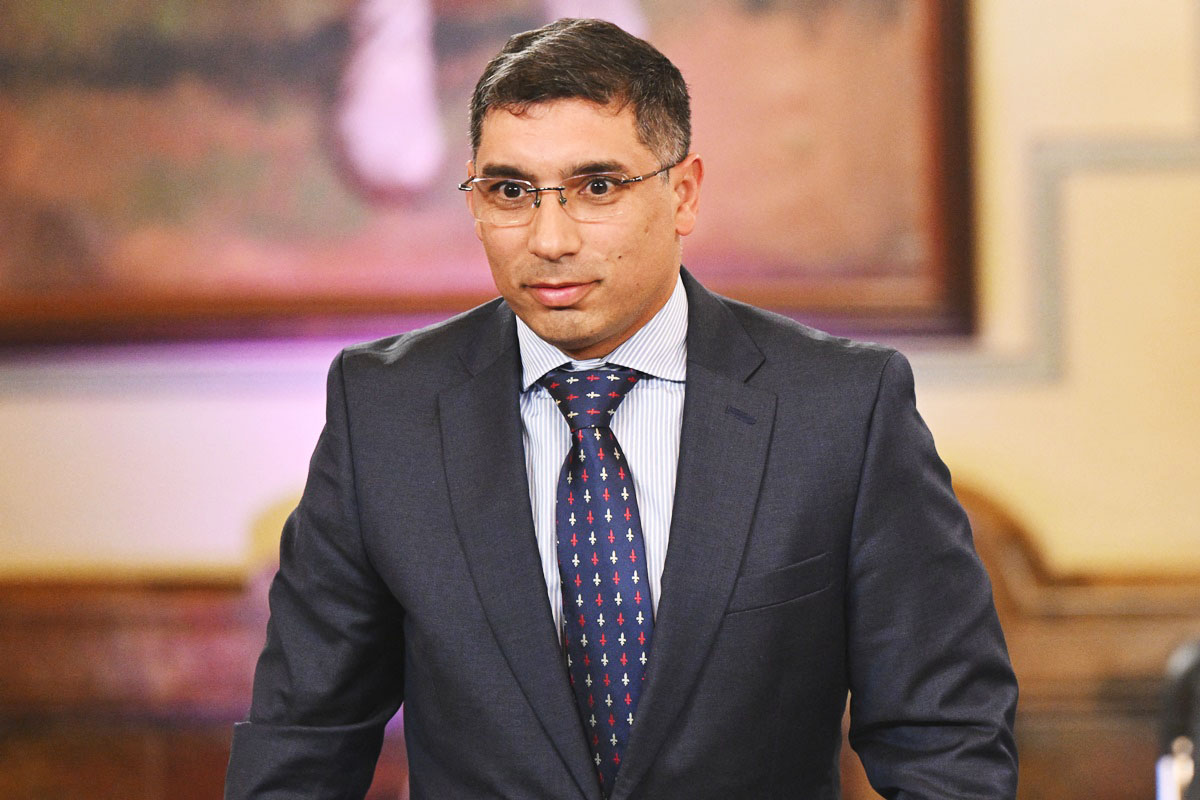CARACAS, (Reuters) – Venezuela aims to produce 1.23 million barrels per day (bpd) of oil in December, adding about 290,000 bpd compared to the start of the year, following the addition of drilling rigs, oil minister Pedro Tellechea said yesterday.
The growth comes after a 6-month broad license granted by the U.S. Trea-sury Department to Vene-zuela’s oil sector last year. Washington has suspended that easing, but is issuing individual authorizations to energy companies in Venezuela.
“We don’t need a license to keep producing,” Tellechea told reporters on the sidelines of a conference in Caracas, referring to state oil company PDVSA’s operations. “We are not going to stop because of some companies’ need for U.S. permits.”
He confirmed that Spanish energy company Repsol REP.MC recently received approval from the U.S. Treasury Department to expand its joint ventures with PDVSA, and said that 20 other companies are lining up for individual licenses, including those related to joint gas developments with Trinidad and Tobago.
The South American country currently has 25 active drilling rigs, which pushed oil output to 924,000 bpd this month from 860,000 bpd in January, and delivered 102,200 bpd of gasoline and 23,500 bpd of diesel to the domestic market, Tellechea added.
Venezuela has repeatedly struggled to meet past operational goals. Produc-tion and exports have increased in recent years, but crude output remains at a fraction of the 3.7 million bpd it averaged two decades ago.
The government is not planning to increase domestic gasoline prices, the minister said.
Following the loss of about $400 million by Poland’s Orlen PKN. WA mainly linked to undelivered Venezuelan crude cargoes that had been prepaid for, Tellechea said PDVSA has no relationship with the refining company.
“We have asked our embassy in Poland to make contact with the company to gather information. We have no contract or intention to do a contract,” he said.
A Swiss unit of Orlen paid two Dubai-based intermediary firms $330 million for Venezuelan oil, but PDVSA never received the money, according to sources and documents.
PDVSA, which remains under U.S. sanctions first imposed in 2019, since last year has required prepayment for at least 50% of the value of exportable cargoes. The move sought to avoid unpaid shipments that made a large hole in its accounts through the end of 2022.






